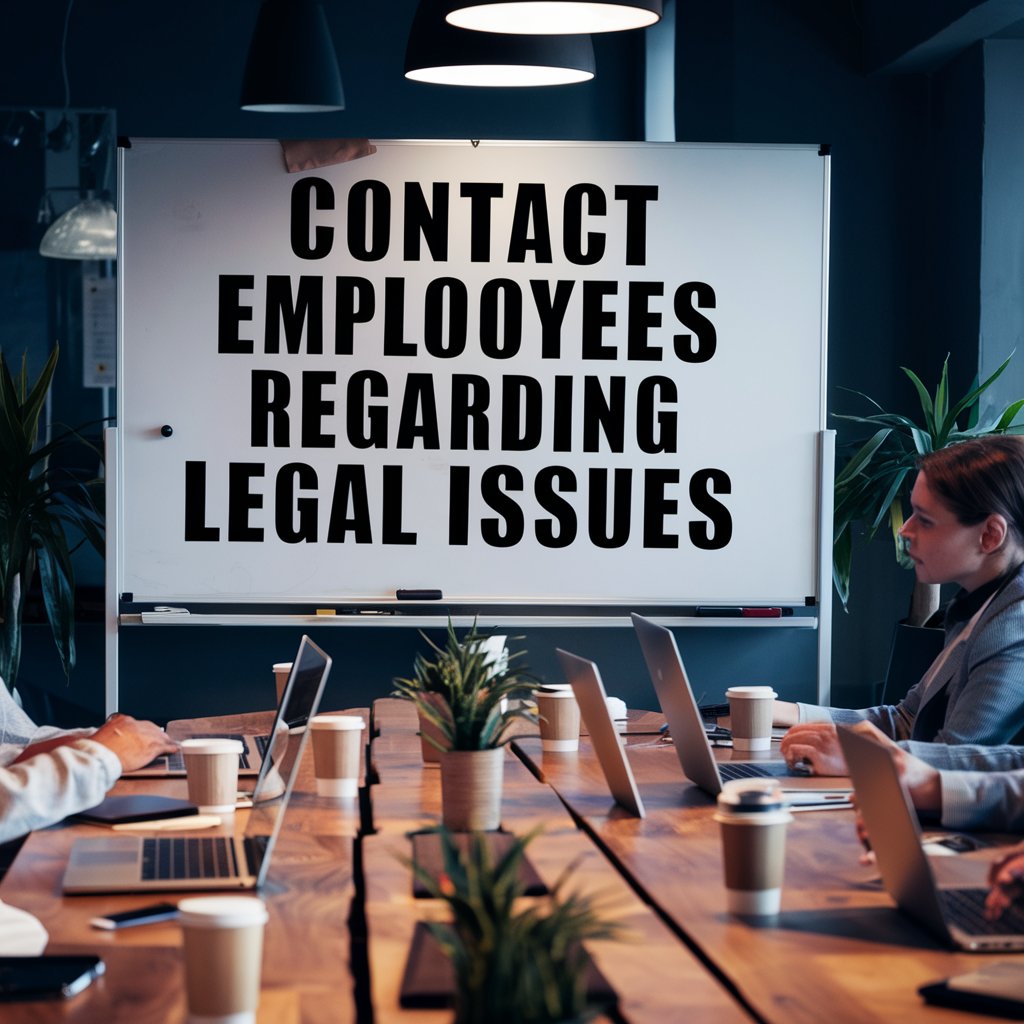As an employer, there may come times when you need to formally contact employees regarding legal issues. It’s necessary to handle these communications properly, both to comply with laws and regulations, and to maintain a professional relationship with your staff. Below, we will provide guidance on best practices for formally notifying employees about legal matters.
Using Certified Mail
When you need to send legal notices or other important documents to employees, it’s advisable to use certified mail. Certified mail provides you with evidence of mailing and electronic proof of delivery. Certified mail labels can be purchased online through companies like Certified mail labels or at any United States Post Office. These labels allow you to track your letter through the mail system.
To use certified mail:
- Purchase certified mail labels online or at the post office. You’ll need one for each letter you plan to send.
- Affix the certified mail label to your envelope in the designated area. Be sure to address each envelope to the employee’s home address.
- Take your letters to the post office counter. The postal worker will stamp the certified mail labels with the tracking number and mail them.
- Save your certified mail receipts. These provide proof that you sent the letters and the date they were mailed.
- Check delivery status online using the tracking number. This confirms when the letters were delivered.
The main benefit of using certified mail for employee legal notices is the delivery confirmation. Having proof that important documents were sent and received can be critical in legal situations.
Providing Proper Notice
When employees need to be notified about legal issues like termination, investigations, or policy changes, follow these best practices:
- Allow enough time for employees to receive and review notices before any actions take effect.
- Send notices to employees’ home addresses to ensure they actually receive them.
- Use clear, direct language in your notices. State the specific issue or action being taken and provide details, dates, and next steps.
- Keep a copy of each notice sent and the certified mail receipts. Document all efforts to contact employees.
- Follow up by phone or email to confirm employees received the notices and understand what they mean.
Above all, make sure any communication regarding legal issues complies fully with state and federal laws regarding notice periods, anti-discrimination, privacy, and other regulations. Consult with your legal department to verify notices meet legal requirements.
Being Sensitive and Discreet
When dealing with sensitive legal matters that affect specific employees, it’s important to maintain discretion. Take steps to protect employee privacy and avoid unnecessary disclosure of private details.
- Only share details of legal issues with those directly involved in the situation.
- Hold private meetings with affected individuals to discuss legal notices one-on-one.
- Keep printed notices in sealed envelopes marked confidential before mailing.
- Send individual notices directly to the involved employees.
- Set the right tone in notices and conversations.
With sensitivity and care, employers can properly handle communications for even the most difficult legal situations impacting staff members. Protecting employee privacy should be a top concern.
Formal communication with staff about legal issues requires great care. Following best practices for using certified mail, providing proper notice, and maintaining discretion can ensure appropriate handling.






